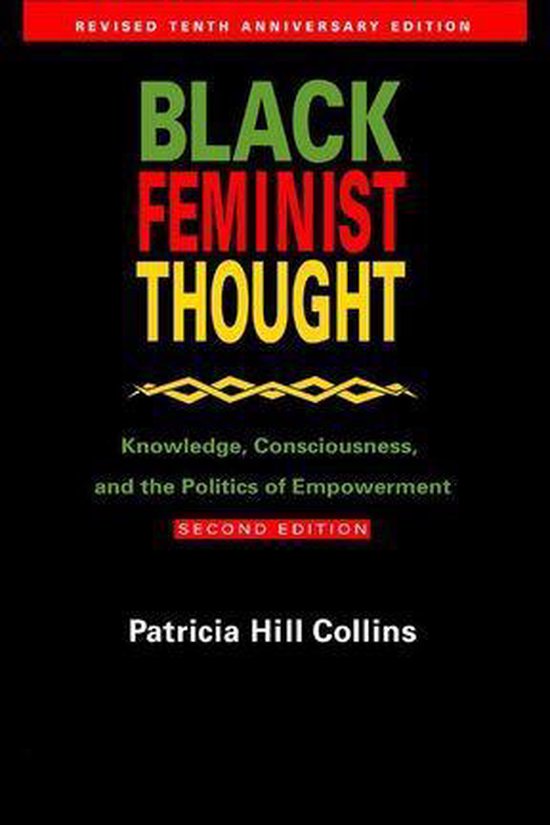

Therefore, one role for Black female intellectuals is to produce facts and theories about the Black female experience that will clarify a Black woman's standpoint for Black women. Finally, the definition assumes that, while a Black women's standpoint exists, its contours may not be clear to Black women themselves. Thus, universal themes included in the Black women's standpoint may be experienced and expressed differently by distinct groups of Afro-American women. Third, while living life as Black women may produce certain commonalities of outlook, the diversity of class, region, age, and sexual orientation shaping individual Black women's lives has resulted in different expressions of these common themes. Second, the definition assumes that Black women possess a unique standpoint on, or perspective of, their experiences and that there will be certain commonalities of perception shared by Black women as a group. Proposition is that other groups in the field act as merely transcribers, whereas Black women are the actual authors. First, Peter Berger and Thomas Luckmann in The Social Construction of Reality(1966) and Karl Manheim in Ideology and Utopia (1936) similarly argue that the definition implies that the overall content of the thought and the historical and factual circumstances of Black women are inseparable.

There are several arguments in support of this definition. Black Feminist Thought: Knowledge, Consciousness and the Politics of Empowerment is a 1990 book by Patricia Hill Collins.īlack feminist thought is a field of knowledge that is focused on the perspectives and experiences of Black women.


 0 kommentar(er)
0 kommentar(er)
